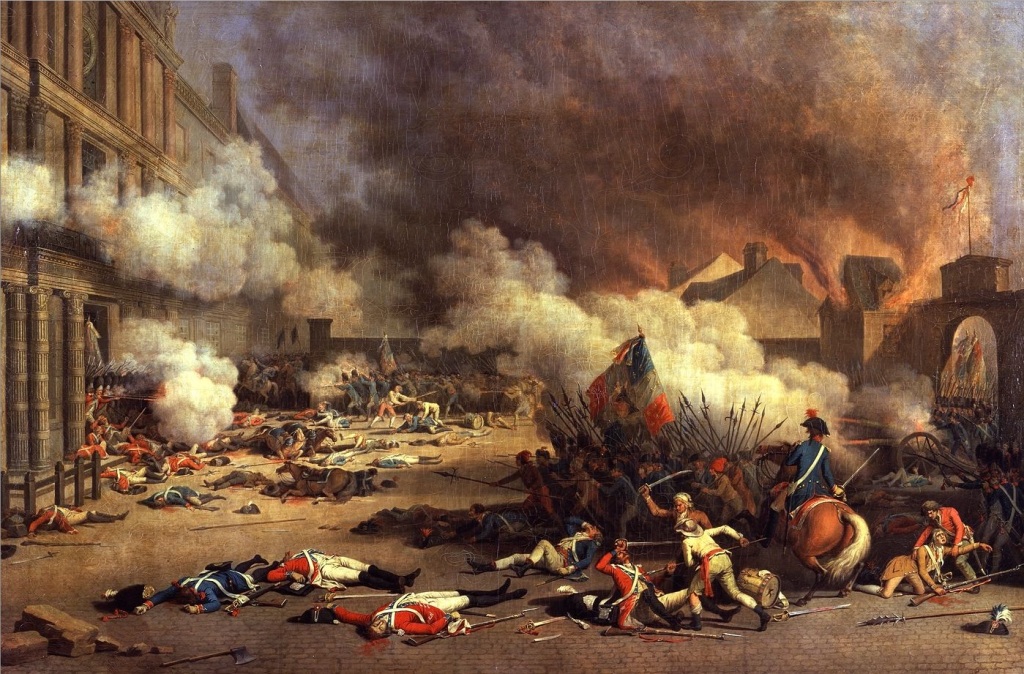
Ritchie Robertson, in his book The Enlightenment, opens his chapter on cosmopolitanism with the observation that “[a]n ideal of the Enlightenment was to be a cosmopolitan or ‘citizen of the world’.” [p. 600] As always with Robertson, he himself traverses a wide terrain, elucidating along the way that nothing is exactly as it seems.
Continue reading


